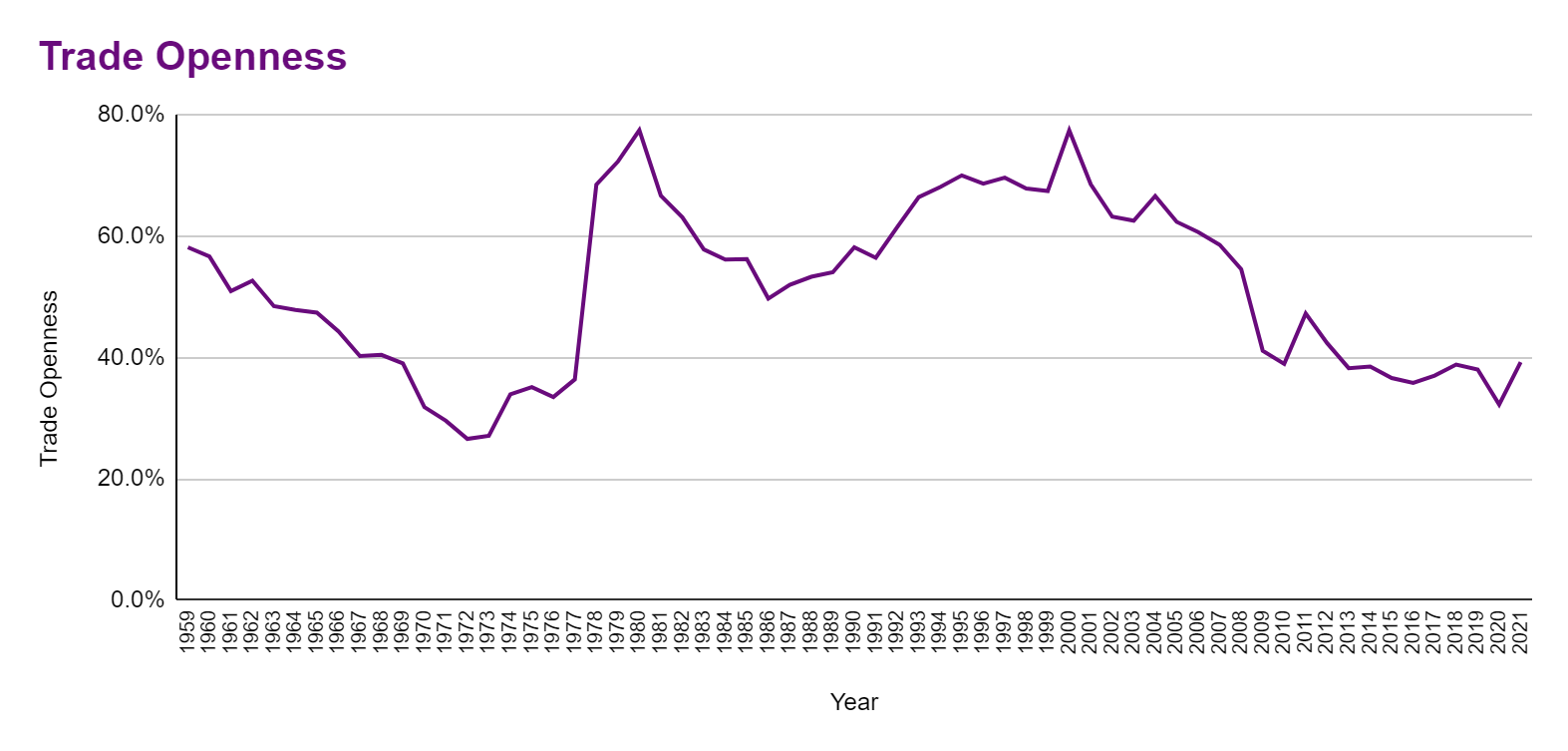Originally appeared on The Morning
By Dhananath Fernando
I have been reflecting on the last few years of public policy and discussion, which I can broadly divide into three main chapters:
Chapter 1 – Denial
Chapter 2 – Realisation
Chapter 3 - Recovery
Chapter 1 – Denial
There was a time when even respected businessmen thought an economic crisis was a distant scenario. Many politicians, across all party lines, failed to consider a situation of 12-hour power cuts and long fuel lines, and viewed debt restructuring and accessing the International Monetary Fund (IMF) as taboo conversations.
We relied on a $ 3.6 billion bailout from an unknown Omani fund and thought China and the Port City would bail us out as a last resort. Some even thought the discovery of a sapphire cluster might be the breakthrough Sri Lanka needed. Sri Lankans believed we were a special nation with a magical power that would rescue us in some other way.
Despite our strategic location, beautiful weather, and natural beauty being undeniable assets, they do not guarantee a rescue from our own bad policies. Our denial was so strong that an international institution titled their report on the Sri Lankan economy as ‘Denial is Not a Strategy’.
Chapter 2 – Realisation
The moment of truth came, but we were too late to respond. None of our bailout expectations materialised and the international financial architecture found it difficult to save us. Our debt is unsustainable and the IMF requires a commitment from our creditors before providing us financial assistance.
We are struggling due to global geopolitics and our poor diplomatic service and lack of professionalism doesn’t allow us to be taken seriously. We hurt all our friendly nations as well as India, China, Japan, and the US. Islamic countries too were concerned and unhappy with us over different issues.
People only realised the depth of the crisis when medicine was in short supply and their loved ones considered leaving the country. Inflation skyrocketed, prices increased, and poverty affected about 30% of the population.
Chapter 3 – Recovery
The moment people realised the severity of the crisis, they started asking about when we would recover. The simple answer is that it takes a long time and now many of us understand why. Overcoming a crisis of this scale, which in itself is a combination of multiple crises, cannot be done easily.
Simultaneously, we face a balance of payment crisis, a debt crisis, a financial crisis, a humanitarian crisis, and a political crisis. The cost of delaying a response to the crisis and mismanagement has to be shared by us all, with mounting tax increases and high inflation pressure from the grassroots.
As a result, we can see constant protests and interruptions to public life, further worsening the situation. At the same time, this opens a new political space where any political party can make unrealistic promises and auction for votes. This vicious cycle is why recovery from the economic crisis takes a long time.
The specifics of debt restructuring are still a mystery to us. We don’t know how the restructuring will be carried out or the impact it will have on the banking industry. It is also unclear how the markets will respond.
Without domestic debt restructuring, even if we apply a 50% haircut on International Sovereign Bonds (ISBs) and Sri Lanka Development Bonds (SLDBs), our debt to GDP ratio after 10 years will be 136%, according to a Verité Research study published in October 2022. Cost of servicing new debt and the cost of rolling over previous debt at a high yield curve will not bring down our debt to GDP ratio.
Nevertheless, it is still possible for domestic debt to be restructured and banking recapitalisation is necessary. According to the same document, investments in Government securities, primarily Treasury bills and Treasury bonds, account for more than 30% of the interest revenue for the total banking industry.
Hence, changing the interest rates on these securities will affect the stability of banks. On the other hand, 82% of the money in the EPF and ETF has been put into Government securities.
As the required changes take place, no one will be happy, so people and opinion leaders will react in different ways. The changes will go back and forth and recovery will be prolonged. Elections will come and decision-making authorities will change and policy decisions will also go back and forth.
All this is why it takes so long to recover from an economic crisis.
The opinions expressed are the author’s own views. They may not necessarily reflect the views of the Advocata Institute or anyone affiliated with the institute.





